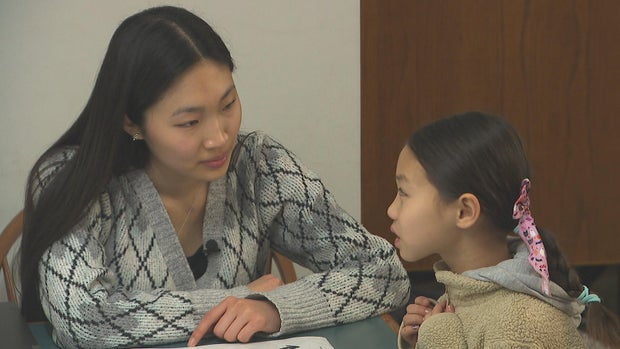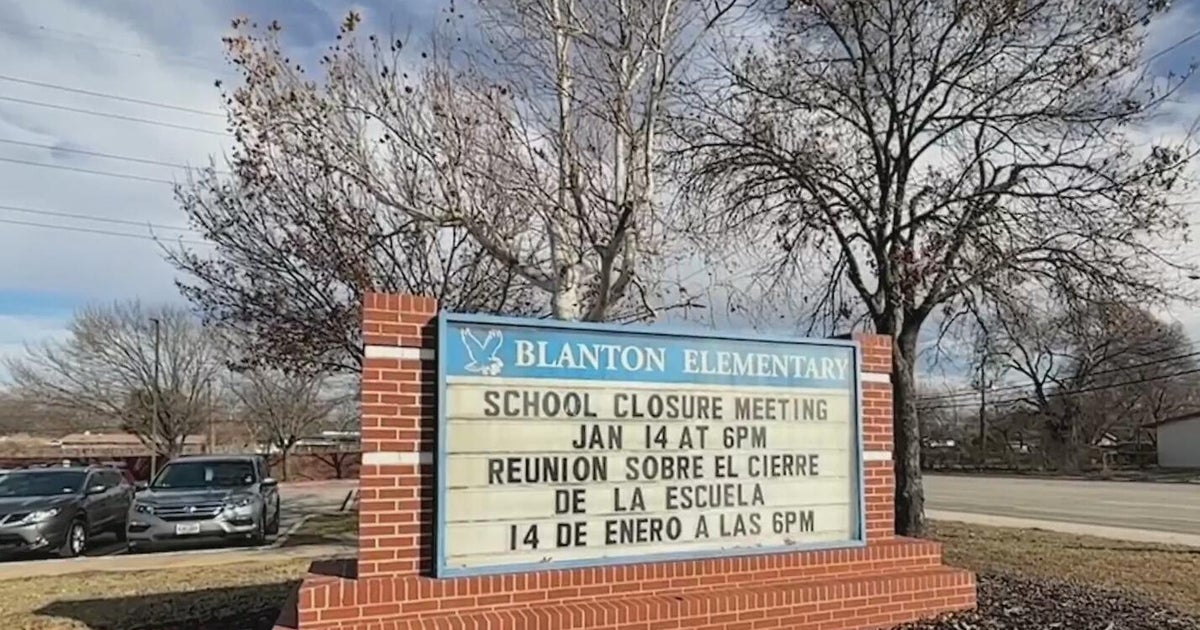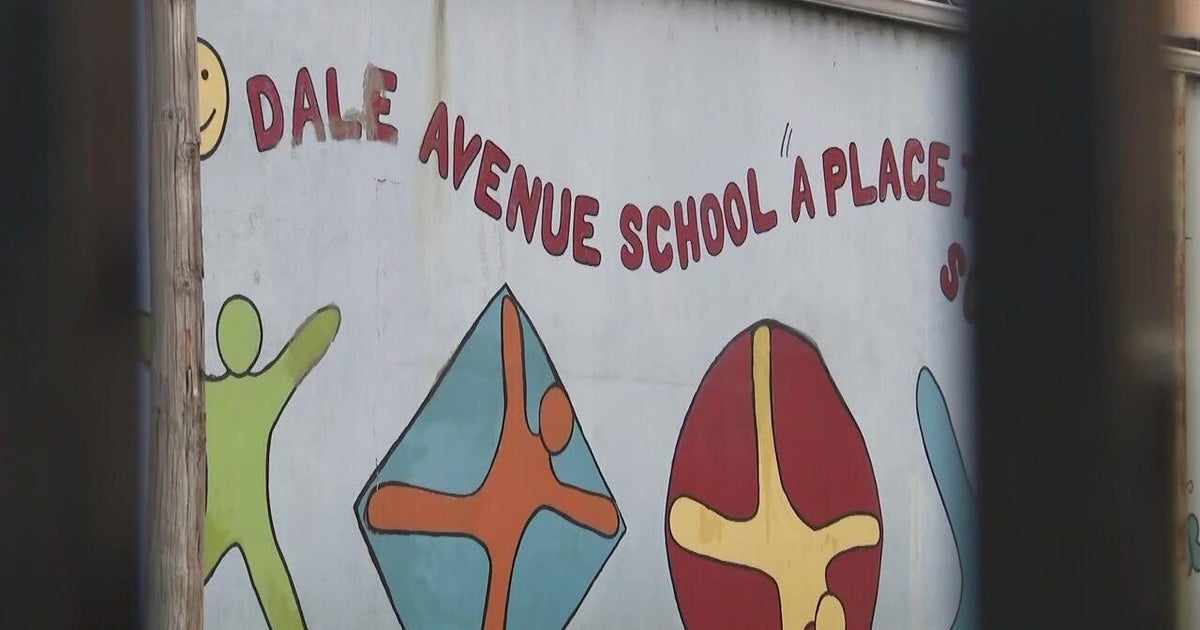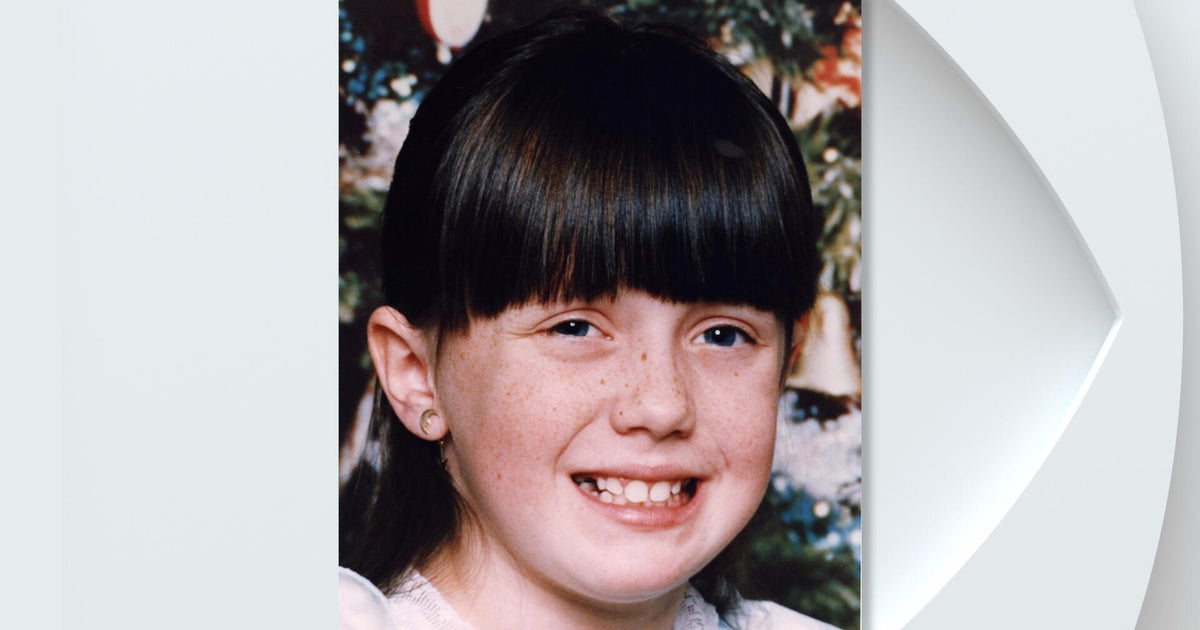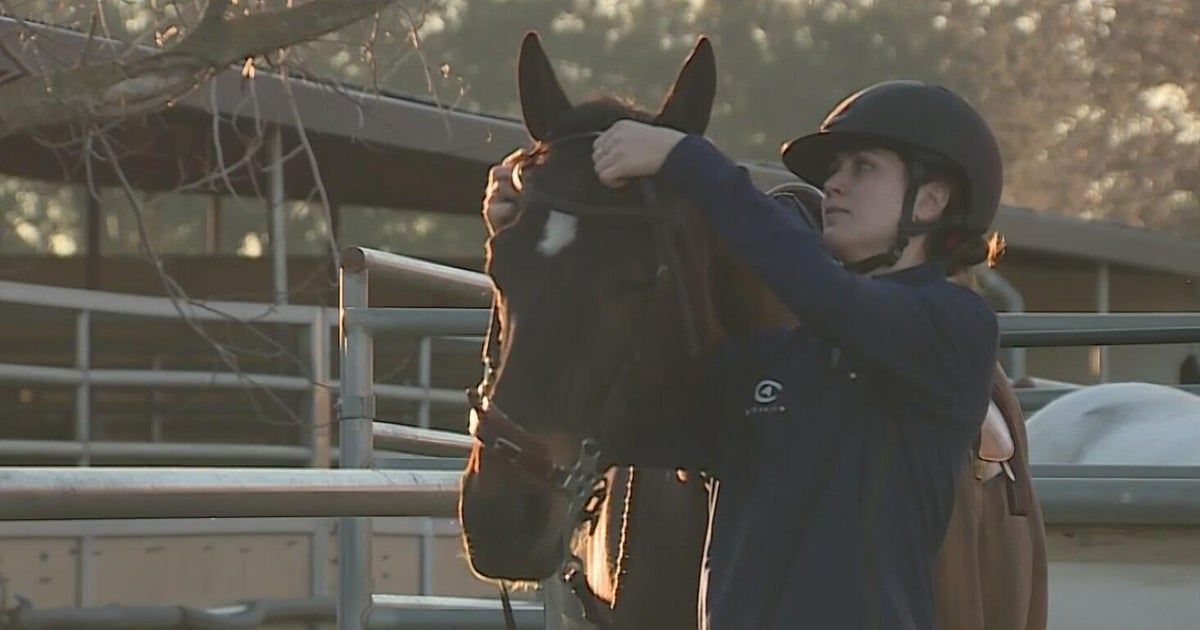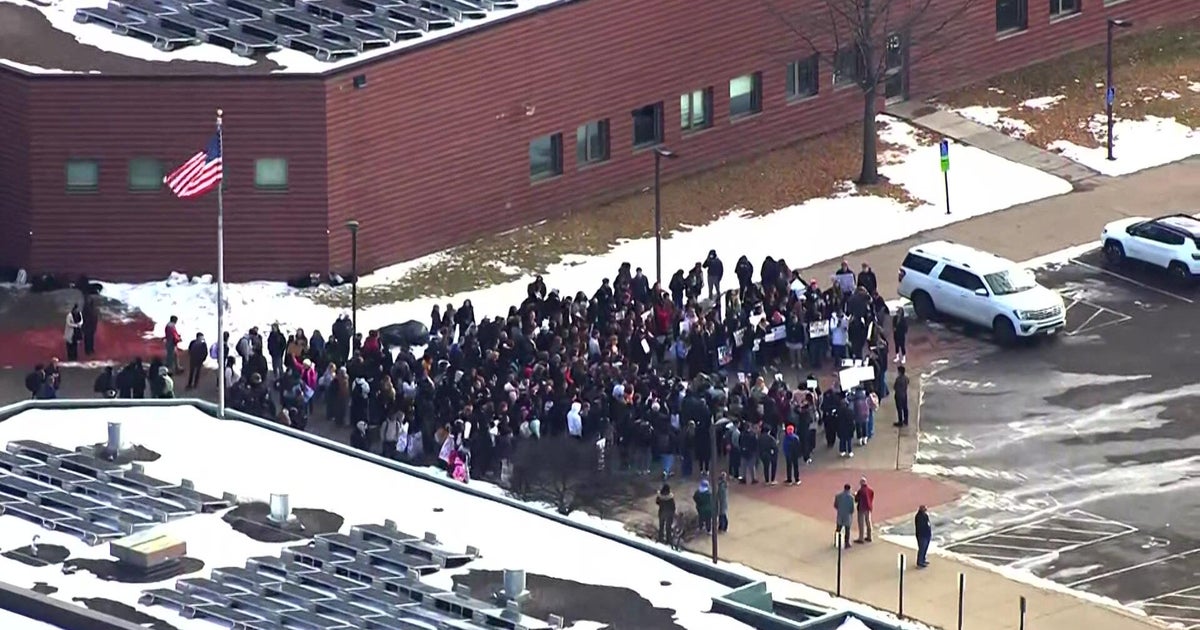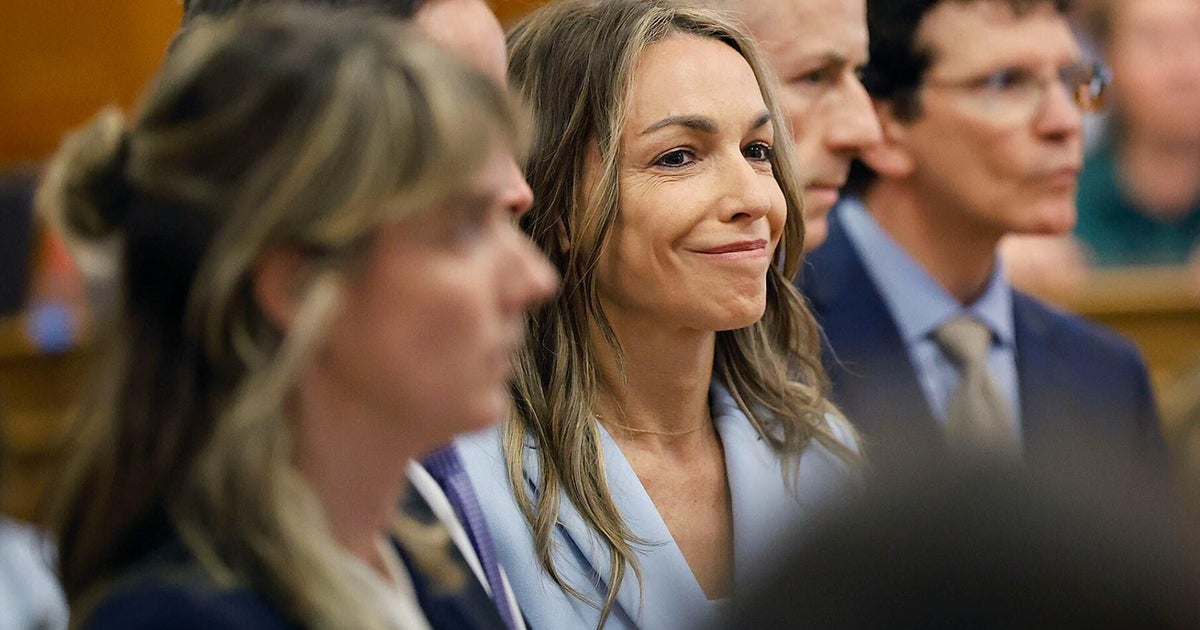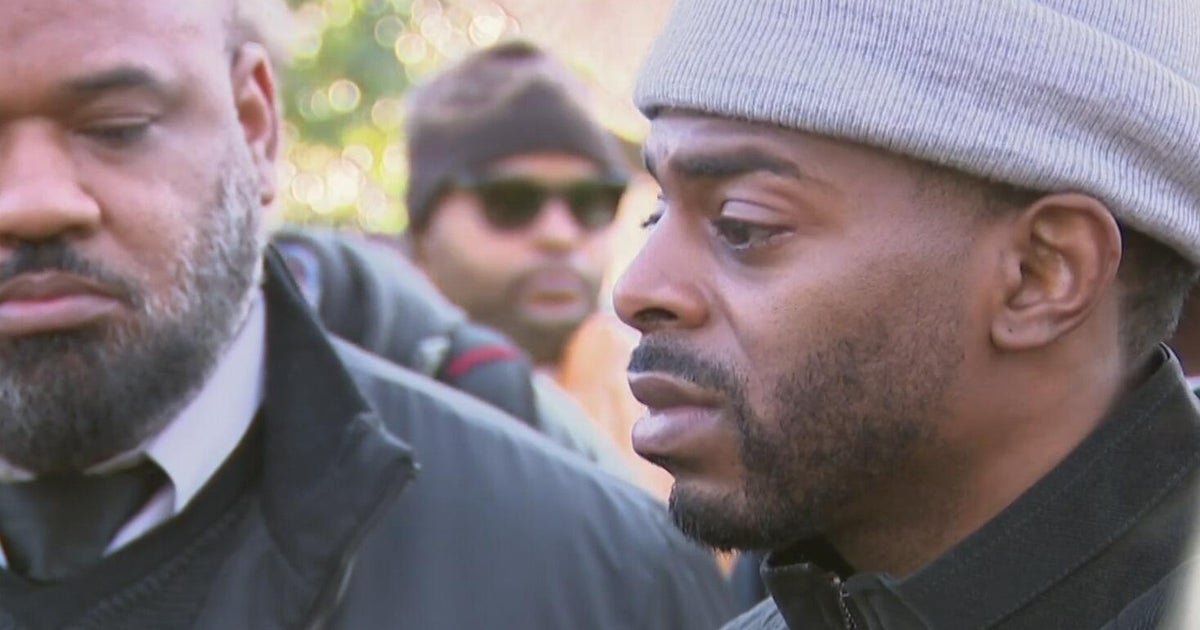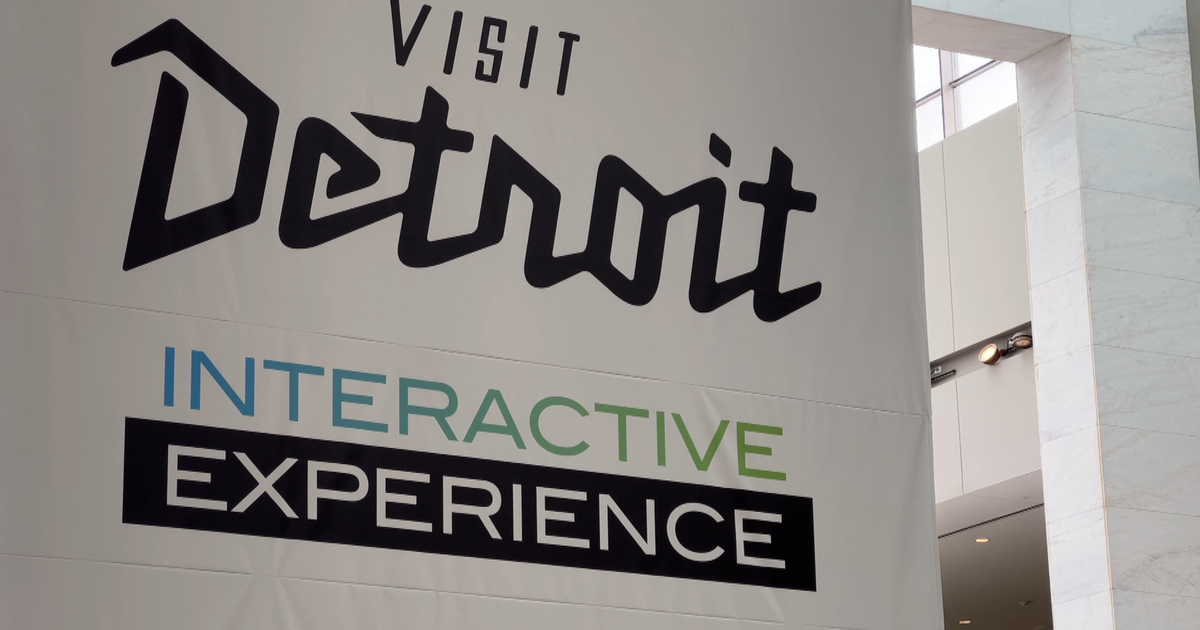Arlington High School senior creates volunteer tutoring club for younger English learners
Arlington High School senior Karen Yoda knows how it feels to move to a community where you don't speak the language and don't know anyone. She was going into third grade when her family moved from Japan to Arlington.
"A lot of people already had friends. I remember being very lonely," she recalls. She also remembers how much she looked forward to her MLL (multilingual learner) classes. "They were the classes where I didn't just have to sit there and be confused," she said. "They were classes where all the teacher's attention was on me. I could go at my own pace and try new things."
Inspired by her own tutor
Karen, who is about to turn 18, also remembers the positive influence of her tutor. Miu Kikuchi was a high school student. Her help and attention inspired Karen. "She was an older student who was once in my shoes who was now fluent in English and someone who I really, really looked up to," she said.
Their work together helped Karen learn English and, eventually, graduate out of the MLL program. When COVID hit, the memory of her personal experience gave Karen an idea that would eventually become the Bridge Project.
In 2020, with time on her hands and a desire to be helpful, Karen began tutoring two younger students who had recently moved, as she had, from Japan to Arlington. She was in eighth grade and tutoring the siblings over Zoom. Later, when school resumed and in-person sessions were allowed, she also tutored a boy in Hannah Dingman's class. Hannah, who is now Director of Multilingual Learner Education for Winchester Public Schools, knew that the boy would benefit from Karen's help. "He needed a little bit more support with somebody who could translate things," she said.
She explains that students whose parents don't speak English often struggle with understanding culture and expectations. With Karen's help, Hannah saw the boy blossom. "She knew exactly what he was going through because she went to the same elementary school. She understood the work," she said.
Hannah, who was teaching at Hardy Elementary School at the time, remembers it as a very positive pairing. "It's almost like a light went off. I can remember thinking back and-all of a sudden-his time at school started to look different," she said. "All of a sudden, he's asking more questions and he's feeling more confident about his abilities and just producing more work."
Eventually, Hannah helped Karen make a plan for a tutoring club that would match younger English-learning students with high schoolers who speak, when possible, the same "home language."
The Bridge Project
In the fall of 2023, Karen officially launched the Bridge Project. High school tutors spend an hour a week with their tutees-often at Robbins Library-working on reading, writing, and conversation.
"I love tutoring kids," Karen said smiling. Initially, getting the word out was challenging. With dozens of tutors ready to go, many of the parents whose children might benefit couldn't read the e-mail communications from the club. The language barrier was too much. But shortly after Karen and another member of the Bridge Project made an in-person presentation to parents, their e-mail boxes filled up with requests. They knew they were onto something special.
There are now roughly 50 tutoring pairs. Fifty more high school students have interviewed for the volunteer work and are ready to begin tutoring. Another 100 students have expressed an interest in tutoring in the future.
The club's faculty advisor Duncan Slobodzian, who's also an MLL teacher, says the Bridge Project's growth is a testament to the time, effort, and resource development that Karen and the rest of the club's leadership team have invested. "To me, that stands as one of the legacies of the work that Karen and the rest of them have done in this club," he explains.
Duncan (known to students as "Mr. S.") explains that he is passionate about English language arts and literature. As a Peace Corps volunteer in Java, Indonesia, he remembers trying to figure out how to communicate and learn the culture. When Karen asked him to serve as the club's advisor, he responded with a quick, enthusiastic yes.
Creation of community
He says the positive feedback the group's received from parents confirms that peer-to-peer tutoring leads to better academic performance, more confidence, and the creation of community. He says right now, when many immigrant families feel frightened and insecure, creating a "safe space" is a welcome support.
At an after-school meeting, Karen and the Bridge Project's leadership team discuss how to talk about sensitive topics. They agree that offering information on the club's website about citizens' rights aligns with their mission.
For Karen, the Bridge Club's evolution may be as gratifying as its creation. "I love running this club," she explains. She says that working with members to improve the club's offerings, expand its resources, and serve more elementary and middle school students is endlessly fulfilling.
As they find new ways to support more people in Arlington, members also hope that other school districts will follow their lead. "I would really, really encourage someone to start something like this in their own district," Karen said. "I think it has helped a lot of different people. It's also really fun!"

